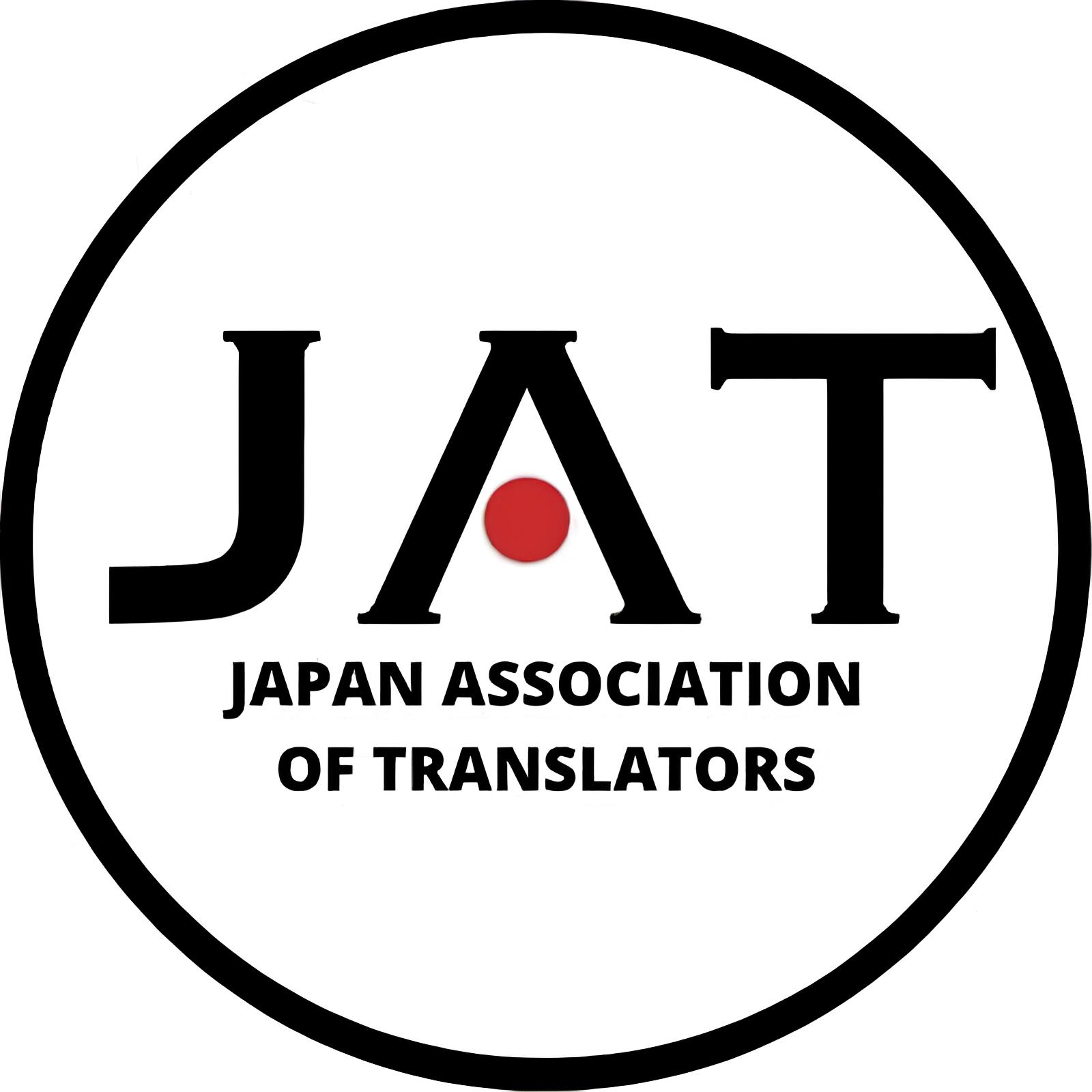Japanese Association of Translators Protest Against The Increase In Large-Scale AI-Translated Manga
Not only JAT but also manga, anime fans, and even professionals in the industry have criticized the use of AI in their works.

The Japan Association of Translators (JAT), in a letter dated June 4, has voiced significant apprehensions regarding a major public-private project aimed at utilizing AI for the mass translation of manga for international distribution. The association argues that present AI translation technology is incapable of accurately capturing the nuances, character depth, and cultural context inherent in the original works.
JAT strongly asserts that the initiative to utilize AI for mass translation and export of manga is “not in the country’s best interests” and expresses significant concern that it will “damage Japan’s soft power.” The association urges all stakeholders—including manga artists, publishers, the government, translators, translator organizations, and readers—to engage in thoughtful and constructive discussions.

This is after publisher Shogakukan, along with JIC Venture Growth Investments and other investors, poured 2.92 billion yen (approximately $19 million) into Orange, aiming to leverage artificial intelligence to translate 50,000 manga into English over the next five years.
Not only JAT but also fans in general have criticized the use of AI in the industry. They hate that companies like Crunchyroll are thinking of investing more in AI-generated subtitles for their anime. Even the official illustrator of Kengan Ashura recommended a fan translation to his publishers rather than relying on Machine Translations.
AI is actually taking a toll on the industry, so much so that even AI Image Generator software’s use official manga panels as a base and automatically make AI images on its own without taking consent from its owners, to which the software company founder confessed and apologized.
The full statement from the Japan Association of Translators about their stance against the use of AI in manga is as follows:
Statement on the Public and Private Sector Initiative to Use AI for High-Volume Translation and Export of Manga
The Japan Association of Translators wishes to express its strong reservations regarding the public and private sector initiative to use AI for high-volume translation and export of manga.
First, in its current form, AI translation has yet to demonstrate the level of quality required to adequately portray nuance, cultural background, or character traits, which are critical to a work of fiction. Using machines to churn out mass quantities of translated works in a short amount of time (according to official announcements, 50,000 works in 5 years, with the shortest turnaround being 2 days per work) risks greatly diminishing the value of the work itself.
Moreover, excessive reliance on AI risks putting professional manga translators, who have supported the industry for years, out of work and turns valuable human resources into throw-away commodities. We are deeply concerned about the negligent disregard for so much accumulated experience and skill for the sake of cost reduction.
This is to say nothing of the risk posed by releasing hastily produced, low-quality translations into the market. Poor translations undermine consumer trust, opening the window for pirated versions to flourish. Given that manga is an important facet of Japanese culture and one of the many ways that people are first introduced to Japan, it is all the more important that the words we use to convey these stories are not undervalued.
Based on our experience and subject-matter expertise, it is the opinion of this organization that AI translation is extremely unsuitable for translating high-context, story-centric writing, such as novels, scripts, and manga. Quick and easy AI translation not only risks hurting the translation industry or the manga industry, it is not in the country’s best interests.
Our organization is deeply concerned that the public and private sector initiative to use AI for high-volume translation and export of manga will damage Japan’s soft power.
The Japan Association of Translators holds that expert translation by professional translators is essential to ensure that Japan’s exceptional manga continue to reach and engage readers around the world.
We strongly propose that now is the time for careful and constructive dialogue between manga artists, businesses (publishers), the government, translators, translator organizations, readers, and all stakeholders, to consider the appropriate use of AI and machine translation.
Source: PR Times














